Science
At St George's, our science curriculum is carefully delivered to engage our curious young pupils to question, ponder and physically discover the wonderous phenomena about our natural and physical world. Rooted deeply within Wynne Harlen's (2010) principle body of research of 'The big ideas of science', our curriculum engages even our youngest pupils in EYFS right up to year 6, to learn about the essential principles of biology, physics and chemistry.
Lessons are enquiry-based and driven through the practical disciplinary skills of: classification, observation and pattern seeking, comparative and fair testing, modelling and research. Teachers carefully scaffold complex ideas and processes in fun and engaging pedagogical styles, teaching vital scientific vocabulary contextually.
Lessons take place both inside and outdoors and children are taught how to use scientific equipment to perform simple tests and take measurements. Children learn how to conduct scientific research and how to question the validity of 'evidence'.
Our curriculum celebrates STEM experts old and new from all over the world and our children are taught how the learning they are doing relates to real world jobs and careers.
Each year we celebrate 'British Science Week' with a fantastic Science fair where are children have the opportunity to research, experiment or invent STEM areas they are fascinated by. Past winners have included irrigation systems, a working fridge, a feed-the cat machine and a solar powered tent! Our children really are fantastic!
It is our vision, through these teaching and enrichment processes, to provide a rich scientific foundation of knowledge and skill. We strive to develop every child's scientific cultural capital and equip them with the essential skills to engage with and compete in our every changing world.
